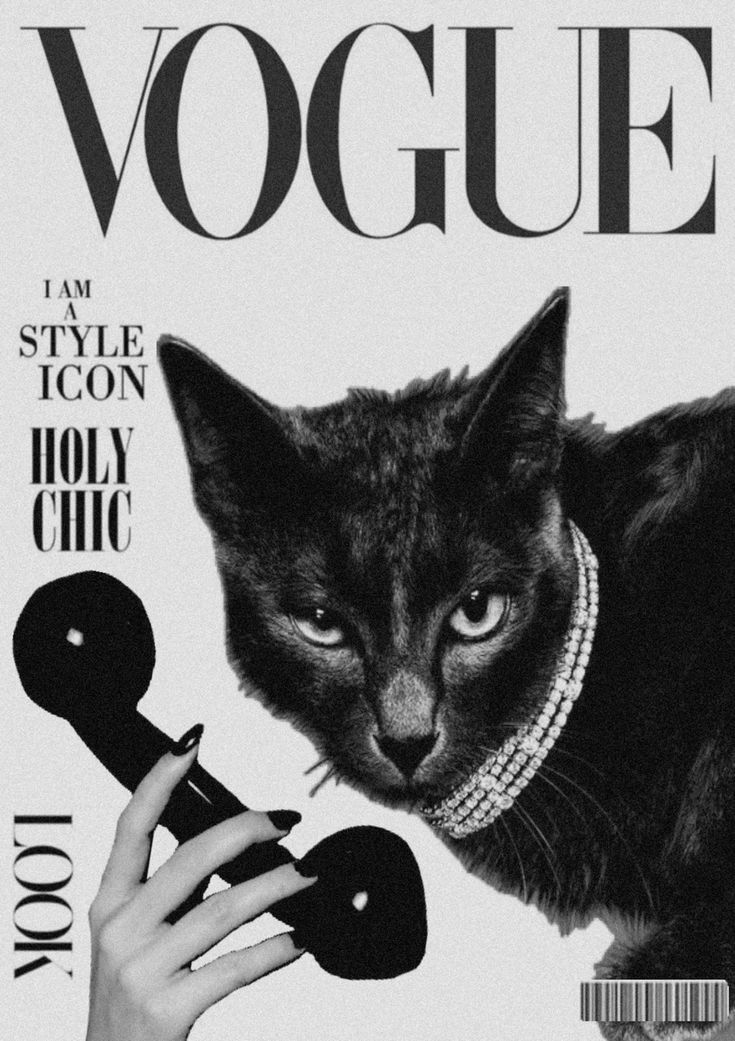
Fashion Icons: The Visionaries Who Shaped Modern Style

Fashion is not just about clothing; it’s an art form, a way to express identity, and often, a reflection of societal shifts. Some designers and influencers have reshaped the industry, not just with their creations, but with their entire approach to style. Let's take a look at a few fashion icons—both designers and cultural figures—who have had lasting influences on the fashion world.
1. Vivienne Westwood: Punk Pioneer and Political Fashion Activist

Vivienne Westwood is synonymous with the punk fashion movement of the 1970s. She rose to prominence through her collaboration with Malcolm McLaren, manager of the iconic punk band the Sex Pistols. Westwood’s designs during this period—tartan, safety pins, distressed fabrics—challenged the norms of the time and introduced an aggressive, rebellious aesthetic that symbolized youthful defiance.

But Westwood’s influence goes far beyond punk. Over the decades, she’s become a political activist, using her platform to comment on climate change, capitalism, and civil rights. Her collections blend historical references (like the 18th-century styles) with modern activism, making her work more than just fashion—it’s a cultural commentary.
Key Influence: Punk fashion, environmental activism in fashion, blending history with modernity.
2. Alexander McQueen: The Dark Genius of Fashion

Alexander McQueen, often referred to as the "enfant terrible" of fashion, revolutionized the industry with his dramatic and theatrical designs. His shows were known for their shock value, featuring elements like holograms and models walking in pools of water, but his craftsmanship and attention to detail were unparalleled. McQueen was heavily influenced by themes of nature, death, and historical references, which came through in collections like “Widows of Culloden” and “The Horn of Plenty.”

One of his most notable works was the iconic "bumster" trousers, which challenged ideas of where the waistline should sit. McQueen’s vision redefined the boundaries of fashion, merging art, emotion, and technical brilliance. Despite his tragic passing in 2010, his legacy continues to shape modern fashion through his eponymous brand, which now operates under the creative direction of Sarah Burton.
Key Influence: Avant-garde fashion, theatrical runway presentations, and blending romanticism with darker themes.
3. Coco Chanel: The Timeless Innovator

No list of fashion icons is complete without Coco Chanel, the designer who revolutionized women’s fashion in the early 20th century. She is best known for creating designs that freed women from the restrictive corsets and heavy fabrics of the time, introducing a more casual, comfortable, yet elegant style. Chanel's timeless designs, such as the little black dress (LBD), the Chanel suit, and the iconic quilted handbag, are still influential today.

Chanel also popularized costume jewelry and made pearls an accessory of choice. Her approach to fashion was minimalist yet sophisticated, focused on clean lines, simplicity, and elegance. Chanel’s lasting influence can be seen in today’s modern minimalist trends and the continued popularity of androgynous fashion.
Key Influence: Minimalist and practical fashion, androgynous and casual elegance, redefining femininity.
4. Jean Paul Gaultier: The Provocateur

Jean Paul Gaultier is another designer who’s known for challenging societal norms and boundaries. Famous for his conical bra worn by Madonna during her "Blonde Ambition" tour, Gaultier has always incorporated gender-bending themes into his work, subverting the idea of what men and women “should” wear. He often mixes elements of traditional haute couture with streetwear, creating collections that are both bold and accessible.

His runway shows are playful and provocative, featuring diverse models of all ages, sizes, and genders—a practice that was ahead of its time. Gaultier’s fearless exploration of fashion’s intersection with identity and culture remains a driving force in the industry today.
Key Influence: Gender-bending fashion, haute couture meets streetwear, inclusivity in fashion shows.
5. Grace Jones: The Androgynous Muse

Though not a designer, Grace Jones is an undeniable fashion icon. Her androgynous style and daring wardrobe choices in the late 1970s and early 1980s made her a muse for designers like Yves Saint Laurent and Gaultier. Known for her fierce, statuesque look, Jones’s boldness in embracing avant-garde fashion has left an indelible mark on both fashion and pop culture.
Her looks—ranging from sharply tailored suits to futuristic costumes—blended masculinity and femininity, making her a trailblazer for the androgynous fashion movement. Grace Jones’s influence can be seen in modern fashion through designers who champion fluidity in gender expression.
Key Influence: Androgynous fashion, blending masculine and feminine styles, avant-garde aesthetics.
Conclusion
In conclusion, the world of fashion is continuously evolving, but the legacies of icons like Vivienne Westwood, Alexander McQueen, and Grace Jones remain timeless. Their influence on the industry shows that fashion is not only about aesthetics but also about pushing boundaries, making bold statements, and reflecting cultural changes.
